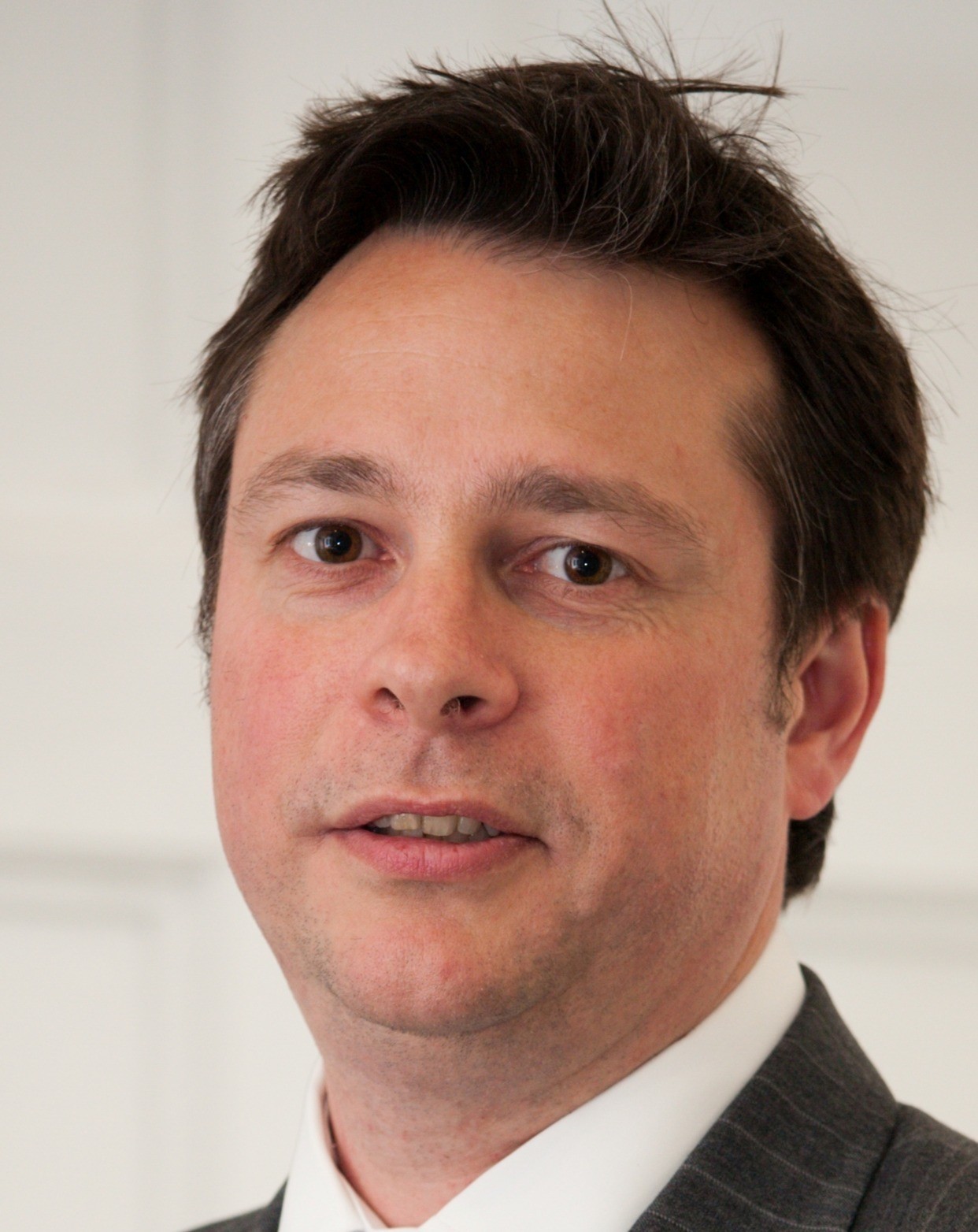Human genome editing and moral leadership: findings of the WHO Expert Advisory Committee
By Peter Mills,
Nuffield Council on Bioethics
| 07. 14. 2021
Assistant Director Pete Mills gives his reaction to the much-anticipated reports of the World Health Organization's Expert Advisory Committee on Developing Global Standards for Governance and Oversight of Human Genome Editing
In 2019, the World Health Organization convened an Expert Advisory Committee on Developing Global Standards for Governance and Oversight of Human Genome Editing. On Monday it published its findings in three reports: a position paper (summarising the findings), a set of recommendations and a framework for governance. These documents represent a significant contribution to the literature around genome editing that has emerged since about 2015, which includes a number of major reports and a steady stream of statements and position papers emanating from learned societies, professional bodies, national ethics committees and ad hoc groups. [1] The WHO report is both the latest of the ‘big reports’ and the last in the pipeline. For now.
The scope of the ‘big reports’ on human genome editing differs: the WHO covers laboratory research, medical uses and reproductive uses, or ‘somatic’, ‘germline’ and ‘heritable’ genome editing. The reports also have different emphases. The Nuffield Council has, naturally, been concerned with ethical, social and political matters. There was an implied division of labour between the International Commission (which reported in 2020) and the WHO Committee...
Related Articles
By David Jensen, California Stem Cell Report | 02.10.2026
Touchy issues involving accusations that California’s $12 billion gene and stem cell research agency is pushing aside “good science” in favor of new priorities and preferences will be aired again in late March at a public meeting in Sacramento.
The...
By Alex Polyakov, The Conversation | 02.09.2026
Prospective parents are being marketed genetic tests that claim to predict which IVF embryo will grow into the tallest, smartest or healthiest child.
But these tests cannot deliver what they promise. The benefits are likely minimal, while the risks to...
By Mike McIntire, The New York Times | 01.24.2026
Genetic researchers were seeking children for an ambitious, federally funded project to track brain development — a study that they told families could yield invaluable discoveries about DNA’s impact on behavior and disease.
They also promised that the children’s sensitive...
By Arthur Lazarus, MedPage Today | 01.23.2026
A growing body of contemporary research and reporting exposes how old ideas can find new life when repurposed within modern systems of medicine, technology, and public policy. Over the last decade, several trends have converged:
- The rise of polygenic scoring...




